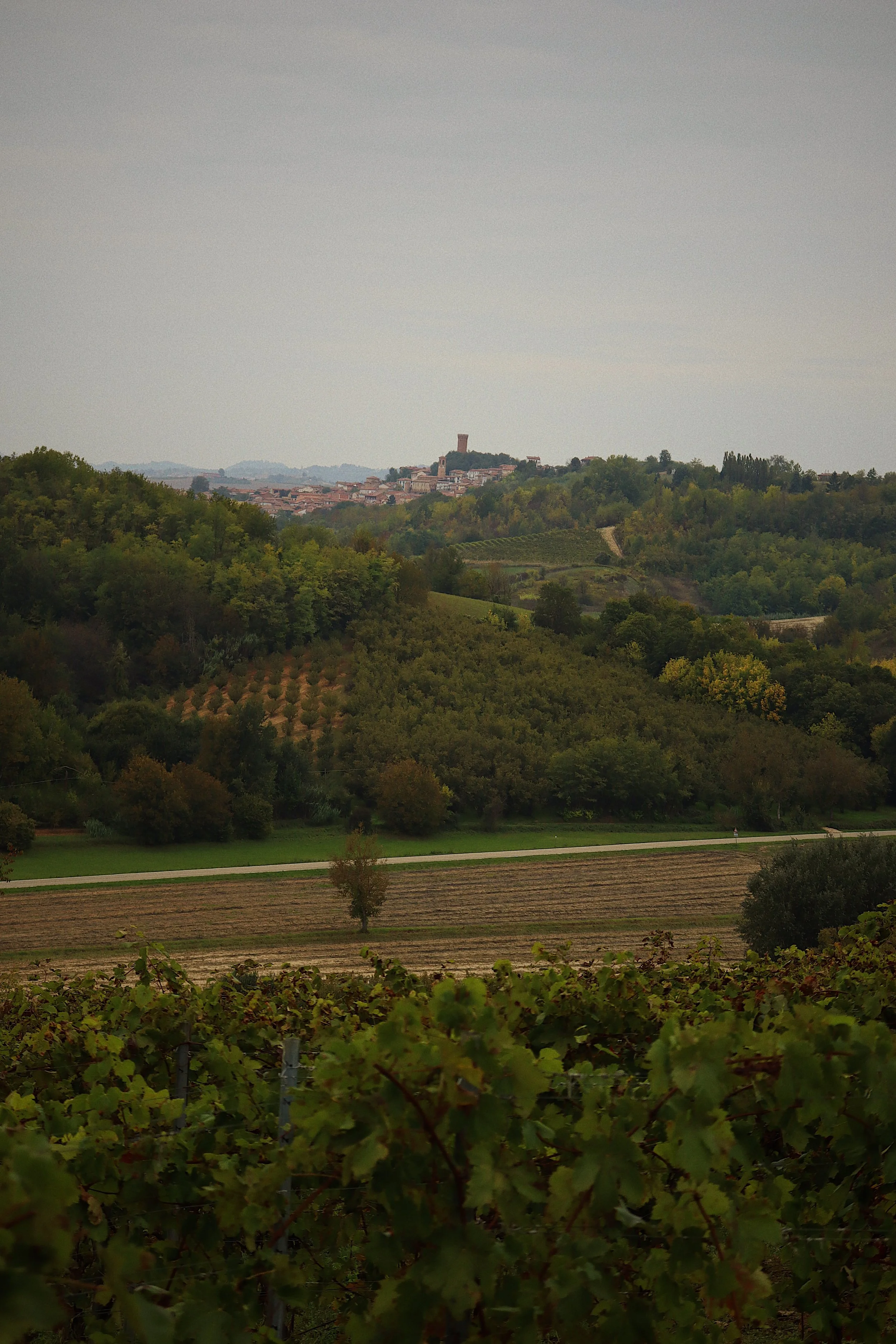Agriculture on the Lombard Plain
Examining the composition of a particular landscape is a fruitful framework by which to understand its human history. The Lombard Plain, in northern Italy, is no exception. This paper identifies key forces which shaped the region during the medieval and early modern period, such as the ambitions of the ducal families of Milan, an emphasis on intensive agriculture, commercial interests, and the development of canals. It also argues that despite praise for Lombardy’s fertility and productivity, one must consider the influences of disease, war, and the oppression of the rural population in order to provide a balanced understanding of this landscape.
…
“This dramatic contrast between flooding and drought should be recalled when considering the lives of the people who worked the land prior to industrial machinery. As Fernand Braudel advises, one should forgo notions of climatic clemency which often accompany ideas about the Mediterranean. Such an effort to control the land was a response to the precariousness which geography and weather allotted.”
…
Published in the University of Victoria’s The Ascendant Historian.
